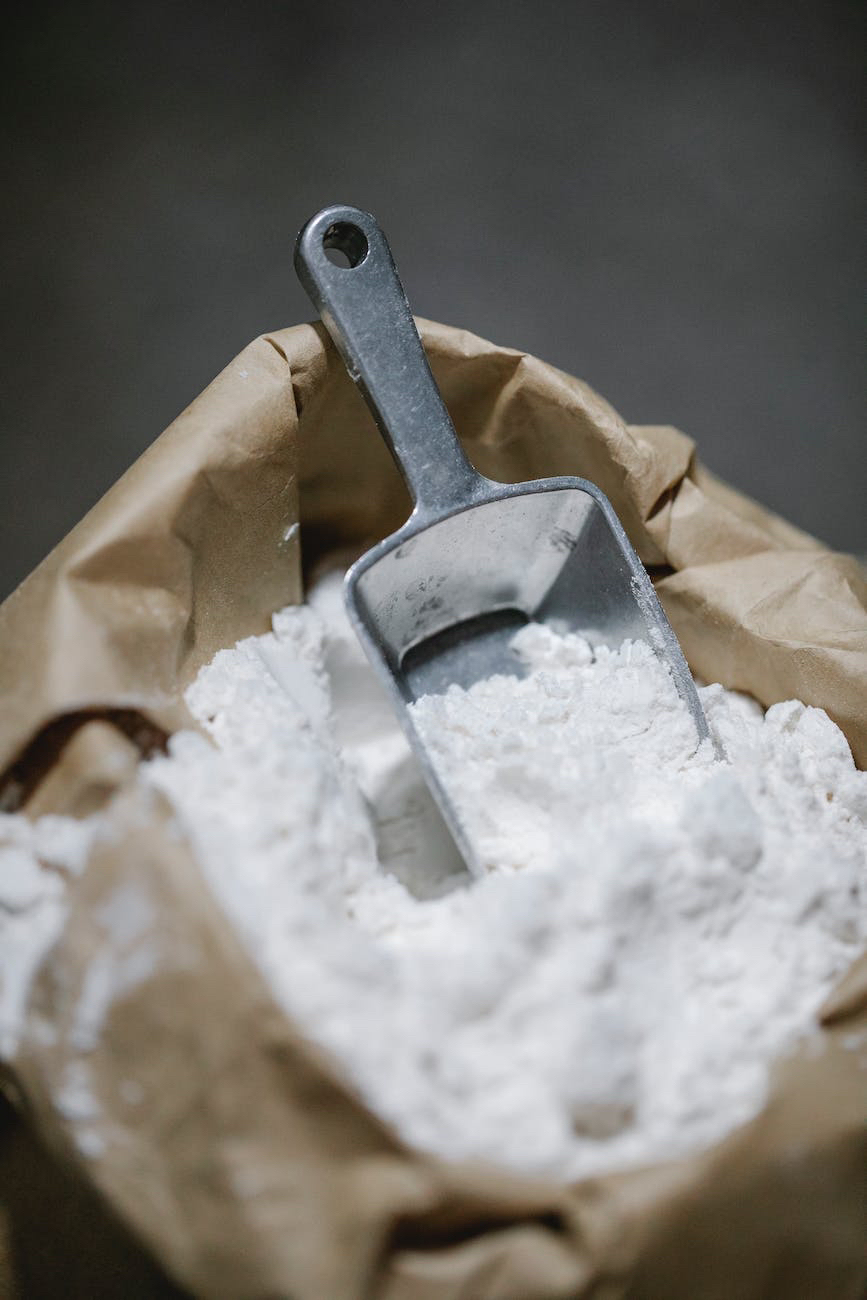A Pure Offering
The sidra gives us a retelling of the different korbonos that can be brought. Near the end, we are given an accounting of the sacrifices to bring for unintentional sins. We have a list for the Kohen, for a ruler, and for the individual.
There’s a common misconception that has been made regarding the notion of sin. Most argue that sin requires blood. In fact, it’s a critical component of the yeshkite religion – that there has to be a loss of life for sin. However, this parsha stands in clear opposition to this false notion and brings clarity.
If a person will sin…[h]e shall bring as his guilt-offering to HaShem, for his sin that he committed, a female from the flock – a sheep or a goat – for a sin-offering; and the Kohen shall provide him atonement from his sin.
Vayikra 5: 1-11
But if his means are insufficient for a sheep or goat, then he shall bring…two turtledoves or two young doves to HaShem…
But if his means are insufficient for two turtledoves or for two young doves, then he shall bring, as his guilt-offering for that which he sinned, a tenth of an ephah of fine flour for a sin-offering.
If someone commits an unintentional sin, they need to provide an offering for atonement. However, this offering is on the “sliding scale” measurement. For someone of means, a female sheep or goat. For someone with less, two turtledoves or two young doves. For someone that lacks, then a small portion of flour, merely about 5 lbs in today’s measurements. Our parsha teaches us several things in this moment:
- We must make an atonement (correction) for our aveiros (sins)
- We need to give in a way that is appropriate for our means and not beyond them (Hashem wants the heart, not the rote service)
- Sin doesn’t require loss of life – it requires self-sacrifice of some sort
What is Self-Sacrifice?
According to the Baal HaTanya, every yid has two components to their soul:
- Nefesh ha’behamis – the animal soul, known as the yetzer hara
- Nefesh Elokis – the G-dly soul, known as the yetzer tov
The yetzer hara, our animal drive, yearns for physical delights. The yetzer tov, our inner spark of holiness, yearns to be connected to HaShem and attain higher levels of spiritual deveikus. This is our battle over the kingdom of our body.
Reb Chaim of Chernovitz, in Be’er Mayim Chaim, brings that Reb Sheishes would daven that his fasts that he completed counted as a korbon of himself. Self-sacrifice.
According to Rabbi Akiva Bruck, this notion of fasting for ruchniyus doesn’t apply to just food or drink, but to other physical areas too. By restraining our physical nature, we give koach to the spiritual.
Some examples of areas that don’t require a complete cutoff from food but do require self-sacrifice and vigilance include pas yisroel, cholov yisroel, and not giving into “fleishik fantasy.” By recognizing we have a higher avodah, we can curb these base appetites and turn it into a korbon of kedusha. Aside from the halachic reasons to be makpid, this type of self-sacrifice increases kedusha and helps avoid any potential timtum halev.
Recap
There’s a lot to digest here, metaphorically speaking. It’s important for us to recognize that mesiras nefesh doesn’t require risking of life or taking it to the extreme. Mesiras nefesh is a basic component of Jewish life, where we place serving HaShem above serving ourselves. Preventing gluttony is one way to accomplish this, and not the only way. We need to keep our appetites in line and not allow the animal soul to have its way with how we eat. Macht ein bracha, eat with kevanah, bentch with intention, and keep it holy. Additionally, when we do sin, we need to do teshuva.
Since we can’t bring an offering to a mizbe’ach today, our best approach is to daven and, like Reb Sheishes, ask for our attempts at ruchniyus to make a tikkun for where we turned wrong. Each person has their level, both spiritually and financially, but we should never settle for a lower spiritual investment when the return is so great. The only consideration is the one that is a d’oraisa – we can’t pay for more the korbon than the financial means HaShem has given us. Beyond that, there’s no end to the spiritual endeavors we can take to soar in our deveikus.

